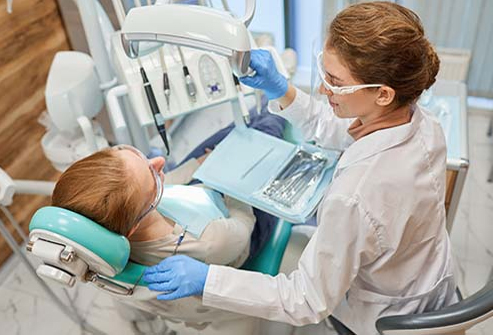
Tooth decay
Tooth decay causes damage when bacteria in your mouth produce acids that break down the tooth. Tooth decay can lead to a cavity. If left untreated, tooth decay can cause pain, infection and eventual tooth loss.
Sugary drinks and food are responsible for causing plaque that form on teeth and gums. Other ways of tooth decay forming on your teeth and gums include:
- Irregular brushing and flossing habits, and not visiting a dentist for checkups or cleanings.
- Not getting enough flourde from tap water or toothpaste
- Having a dry mouth caused by a medical condition may require medication to normalize saliva production. A dry mouth is more common in older adults.
Gum Disease
Gum disease, also known as periodontal disease, is an inflammatory disease of the gums in which the tissue and bone structures that support the teeth and gums break down from infection. Some symptoms of gum disease can include heightened sensitivity to hot and cold and you may experience bleeding gums.
In its early stages, gum disease can be reversed before more serious oral problems develop.
Halitosis (Bad Breath)
Bad breath, also known as halitosis can be caused from a variety of reasons ranging from poor dental hygiene, or other medical problems to the foods you eat and lifestyle habits.
After foods get broken down and become digested, they get absorbed into the bloodstream, and move down to the lungs with the odor remaining on your breath. Nothing can cover up bad breath until the foods have passed through your body. Bad breath can be temporarily covered up with brushing and flossing followed by mouthwash.
Brushing and flossing daily is important to help prevent bacteria from forming on the tongue, between teeth and on the gums. Without regular oral hygiene, bad breath can develop along with other oral health problems.
Regular dental visits are also important to maintain good oral health. If persistent bad breath occurs, you should consult your dentist at the earliest possible time.


